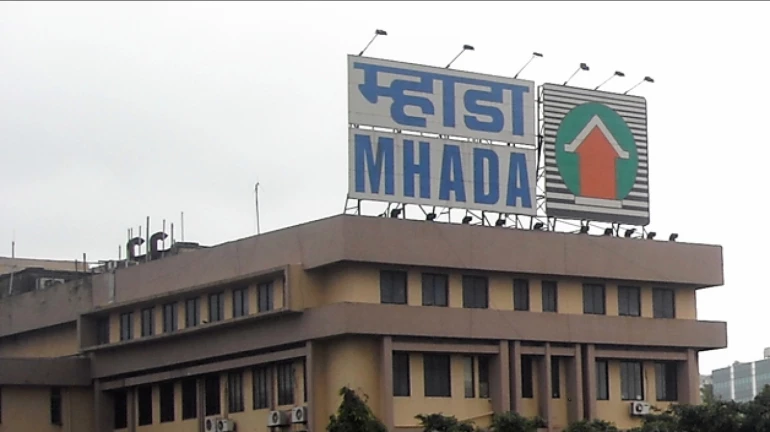
The Maharashtra Housing and Area Development Authority (Mhada) has initiated a major effort to revitalize stalled redevelopment projects in Mumbai. In a bid to expedite the process, Mhada has sent approximately 1,200 notices to developers and housing societies across the city. This move follows recent legislative changes that grant the agency greater authority over such projects.
Amendments
The authority to intervene in stalled projects was granted to Mhada following amendments to the Maharashtra Housing and Area Development Act of 1976 in December 2022. Under these new provisions, Mhada can take over redevelopment projects on its own plots if neither developers nor residents submit a proposal for redevelopment. Prior to this, Mhada’s role was limited to approving repair or redevelopment plans, with ownership resting solely in the hands of the building’s landlord.
Notices Issued
During an address at CREDAI-MCHI’s Redeveloping Mumbai exhibition at Bandra Kurla Complex, Sanjeev Jaiswal, Mhada's vice president and CEO, announced that around 850 notices had been issued under Section 79(A) of the Act, 300 under Section 79(B), and another 70-80 under Section 91(A). These notices mark an important step in utilizing the agency's new powers to resolve the city's redevelopment backlog. Section 79(A) allows Mhada to serve a notice to landlords of cessed buildings, requiring them to submit a redevelopment proposal with the consent of 51% of the occupants within six months. If the landlord fails to respond, Section 79(B) enables tenants or occupants to submit their own proposal within the same period. Section 91(A) applies to projects that have stalled or remained incomplete within three years of receiving a No Objection Certificate (NOC).
Excessive Incentives
Jaiswal also issued a warning to developers, advising them against derailing redevelopment projects by offering residents excessive incentives. He noted that in many cases, housing societies were persuaded by developers offering more carpet area or larger financial incentives, which often led to legal disputes when the original developers refused to back down. These disputes, he explained, not only delayed projects further but also weakened the buildings, putting residents at risk.
Redevelopment and Infrastructure
In South Mumbai, the redevelopment process is particularly slow. Out of over 14,000 cessed buildings in the area, more than 13,000 are still awaiting redevelopment. Although No Objection Certificates have been issued for approximately 4,000 of these buildings, progress has been limited. To address these delays, the state government is promoting cluster redevelopment as a more efficient alternative to standalone projects, especially in densely populated areas like South Mumbai. The recent actions by Mhada represent a critical effort to revive Mumbai’s stalled redevelopment projects, many of which have been delayed for years due to disputes, legal challenges, or financial difficulties. By utilizing its expanded powers under the amended Housing and Area Development Act, Mhada aims to provide safer, stronger housing options for the city's residents while preventing further deterioration of aging buildings.





